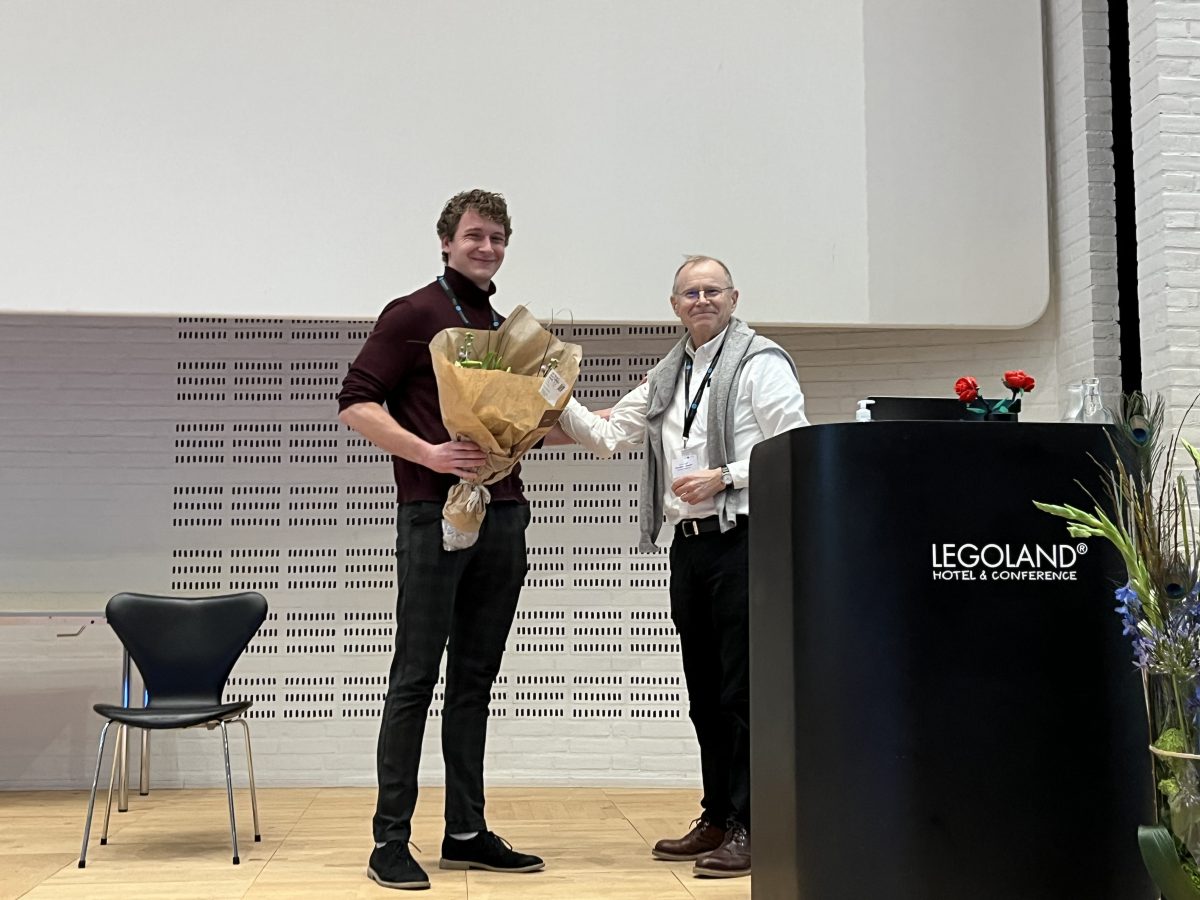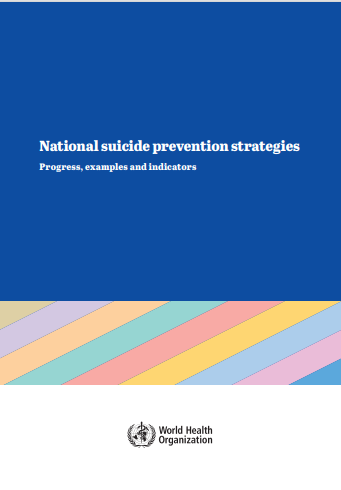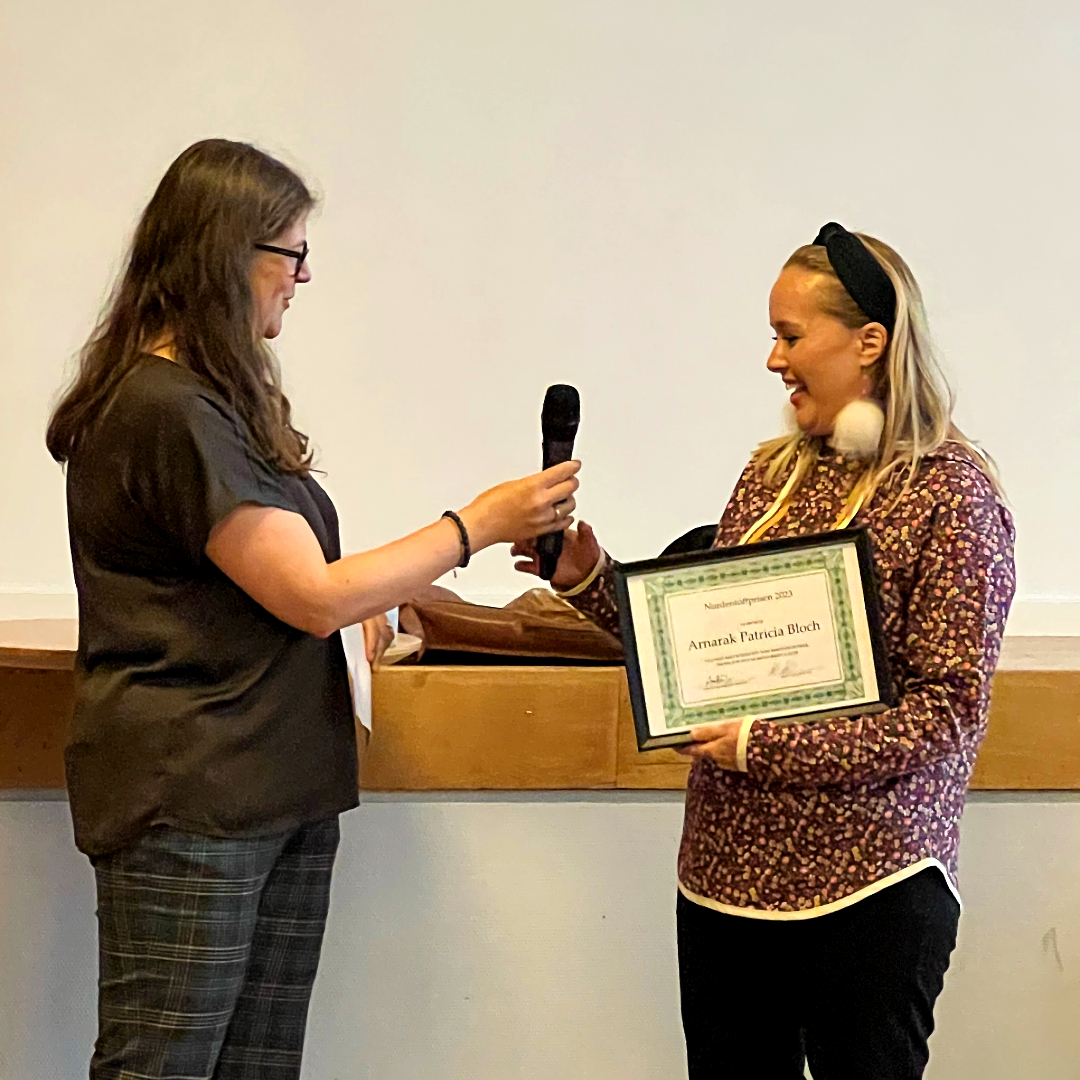The Papageno Prize of 2023 goes to composer Frans Bak for his unique concept for survivors of suicide: “Songs for My Mother – Songs of Grief and Love After Suicide.” The award will be presented in connection with World Suicide Prevention Day on September 8, 2023, in Hillerød.
Composer Frans Bak lost his mother to suicide when he was 18 years old. Forty years later, the song “Lys nu, min engel” (Light Now, My Angel) came to him – a song dedicated to and about his mother. More songs followed. Frans organized a concert with his old friend and psychologist, Ane Christensen and others. They were deeply moved by the songs and the sense of community that emerged during the concert. After the concert, Ane encouraged Frans to share the songs through performances for suicide survivors. This was the birth of the idea: a singing and talking concert for suicide survivors.
Since then, Frans and Ane Christensen have toured the country, visiting living rooms, community centers, activity centers, churches, and more, to meet with groups of 5 to 50 people. These concerts serve as both a musical experience and a spiritual evening, given that singing can be easier than discussing when it comes to complex emotions. The concerts are unconventional and touching. They provide a beautiful, therapeutic, and meaningful experience, while also informing about help and treatment options in an educational and responsible manner.
About the Papageno Prize: This marks the 17th time the award has been presented in Denmark. It is given to media professionals who have ethically and informatively shed light on the issue of suicide for the public through their work.
The prize is named after the bird-catcher Papageno from Mozart’s opera “The Magic Flute.” Papageno contemplates suicide when he believes he has lost the love of his life, Papagena. However, three spirits intervene and remind him of reasons for living. The “Papageno effect” has become a term in research and denotes on how the media coverage might encourage those with suicide thoughts to seek help. Media coverage should ideally provide hope to those who might be contemplating suicide and inform them on where they can seek help as well as what to do if a loved one has suicide thoughts.
The purpose of the Papageno Prize is to:
- Prevent through information
- Avoid tabooing
- Consider and protect survivors
- Inform about the possibility of help and treatment for those contemplating suicide and survivors.
The guidelines for awarding the prize align with the recommendations of the World Health Organization (WHO), which can be found at www.selvmordsforskning.dk under the press room section.
Previous recepients
· 2022: The band LISS and journalist Sigurd Hartkorn Plaetner
· 2021: Podcast-host Pernille Strøm Øster and Jeppe Vester, Landsforeningen Liv&Død
· 2020: Elene Fleischer and Liselotte Horneman Krag, NEFOS
· 2019: Journalist Jonas Bisgaard Kristensen, JydskeVestkysten
· 2018: Journalist Jonas Damstrup Fried, DR
· 2017: Journalists Else Marie Nygaard and Maja Funch, Kristeligt Dagblad
· 2016: Nurse and Author Jorit Tellervo
· 2015: Journalist Sine Skott Andersen, TV2 Fyn
· 2014: Sportsjournalist Dan Philipsen, Jyllands-Posten
· 2013: Director and actress Lotte Andersen, documentary
· 2012: DRs youth program TVÆRS on P3
· 2011: Psychologist Birgitte Andersen and photographer Torben Åndahl
· 2009: Psychologist Bente Hjorth Madsen, hjemmeside www.forebygselvmord.dk
· 2008: Cecilie Elmose Warnich og Cecilia Sejer, DR
· 2007: Journalist Tommy Byrne, Fyens Stiftstidende
· 2006: Editor Thorkild Nyholm, DR 2005: Journalist Inger Anneberg, a4media
Behind the intiative is a workgroup consisting of: Merete Nordentoft, Foreningen for Uddannelse og Forskning i Selvmordsadfærd, Annemarie Knigge, Landsforeningen for efterladte efter selvmord, Kir Klysner, Dansk Journalistforbund og Christina Petrea Larsen, Center for Selvmordsforskning.









